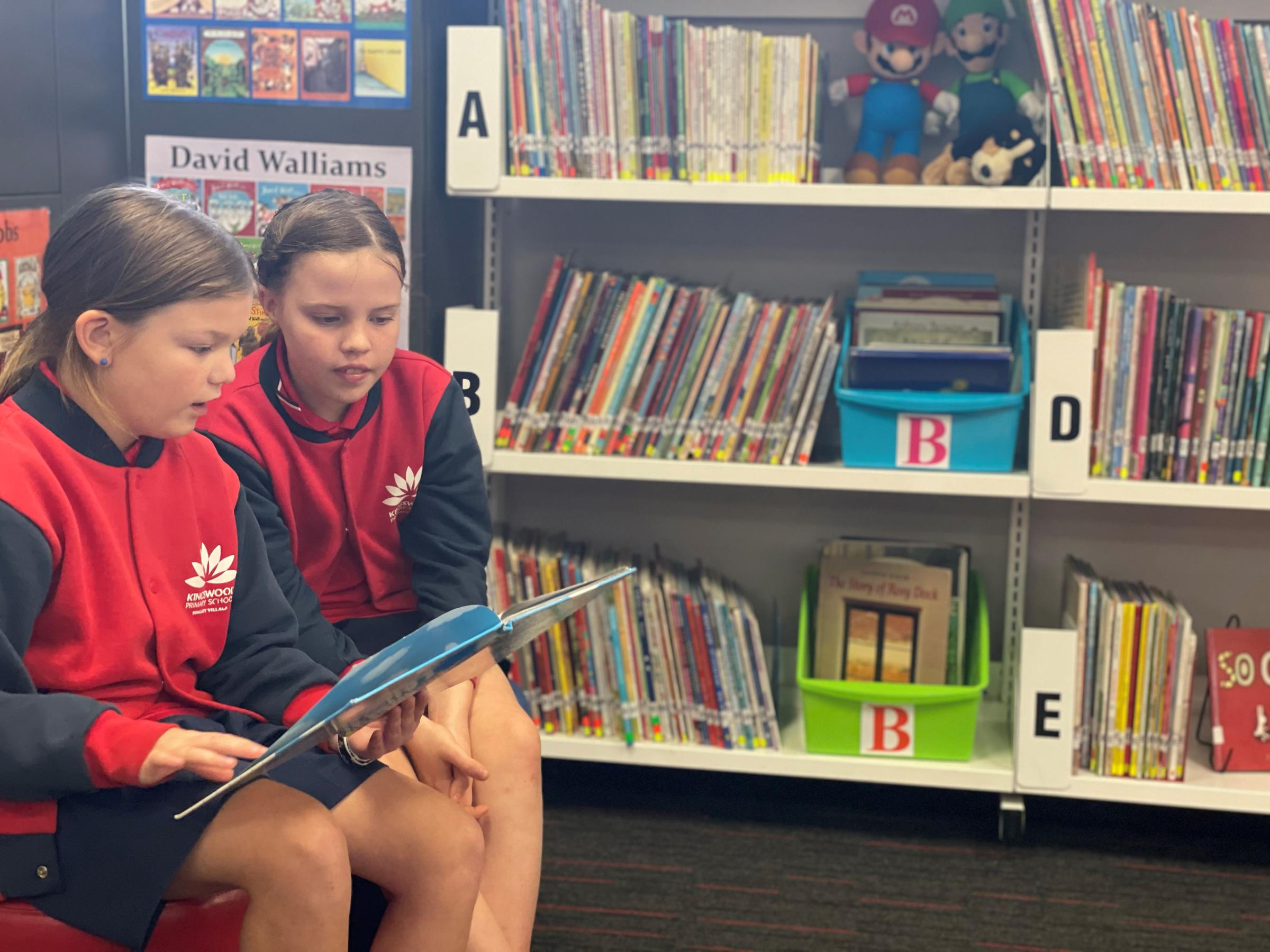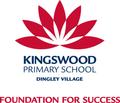Assistant Principal

Megan Franklyn
Assistant Principal
Bully Zero Presentation to Prep-2 Parents
Bully Zero is a not-for-profit organisation that delivers evidence-based bullying prevention workshops to schools across Australia.
Bully Zero is also endorsed as a Trusted eSafety provider by the eSafety Commissioner.
I want to thank the families of our Prep to Year 2 students who took time out of their busy week and attended our school’s Bully Zero Presentation on Thursday 18th November titled “It takes a village”.
The definition used by the presenter from Bully Zero, was ‘Bullying happens when a person or a group of people repeatedly and intentionally use words or actions to cause distress and harm to another person's safety and wellbeing.’
Our Kingswood Primary School Bullying Prevention policy, which can be found on our school website, takes this a bit further.
In 2018 the Education Council of the Council of Australian Governments endorsed the following definition of bullying for use by all Australian schools:
Bullying is an ongoing and deliberate misuse of power in relationships through repeated verbal, physical, and/or social behaviour that intends to cause physical, social, and/or psychological harm. It can involve an individual or a group misusing their power, or perceived power, over one or more persons who feel unable to stop it from happening.
Bullying can happen in person or online, via various digital platforms and devices and it can be obvious (overt) or hidden (covert). Bullying behaviour is repeated, or has the potential to be repeated, over time (for example, through sharing of digital records). Bullying of any form or for any reason can have immediate, medium, and long-term effects on those involved, including bystanders. Single incidents and conflicts or fights between equals, whether in person or online, are not defined as bullying.
A few messages that I took away from the presentation were the types of things that don’t constitute bullying, what you can do as a parent if you form the belief that your child is being bullied and the importance of teaching children to not be bystanders - “The standard you walk past is the standard you accept”.
Bullying is not:
- A single incident
- Not liking someone
- Accidental physical harm
- Being bossy
- Arguments that are one of or occasional or a specific disagreement on a topic
- Telling a joke about someone ONCE
- Not hanging out with someone or choosing a different group to hang out with (we don’t own our friends)
- Choosing not to participate in online games or chats
- Bad moods
If you believe that your child is being bullied, the advice from Bully Zero was:
- Don’t freak out
- Find a time and place to talk quietly to your child
- Listen to your child – try to listen with understanding and to identify your child’s role within the situation
- How is your child handling the situation currently? Work out some other possibilities or solutions that they could use
- Reassure them
- Speak to the teacher
- Encourage new friendships, sports and activities
- Teach them confidence, role model and coach your child in developing confident body language, positive self talk and coping phrases such as “Whatever!” “So What.” and “That’s ok.”
As a school, our additional advice to this is:
- Talk to the teacher as soon as you have formed the belief that your child is being bullied. Be ready to share specific details, the more detailed you can be the better. Our teachers have processes which they follow to communicate this to our Leadership team.
- Make yourself familiar with our Bullying Prevention policy and the process that we will follow after receiving your communication.
And finally...
Encourage your child to be an upstander. Stand up for others by using their words, phrases like “Stop”, “That’s not ok” or going to tell the teacher or a trusted adult. Bully Zero reported that upstander behaviour can stop bullying in as little as 10 seconds.

